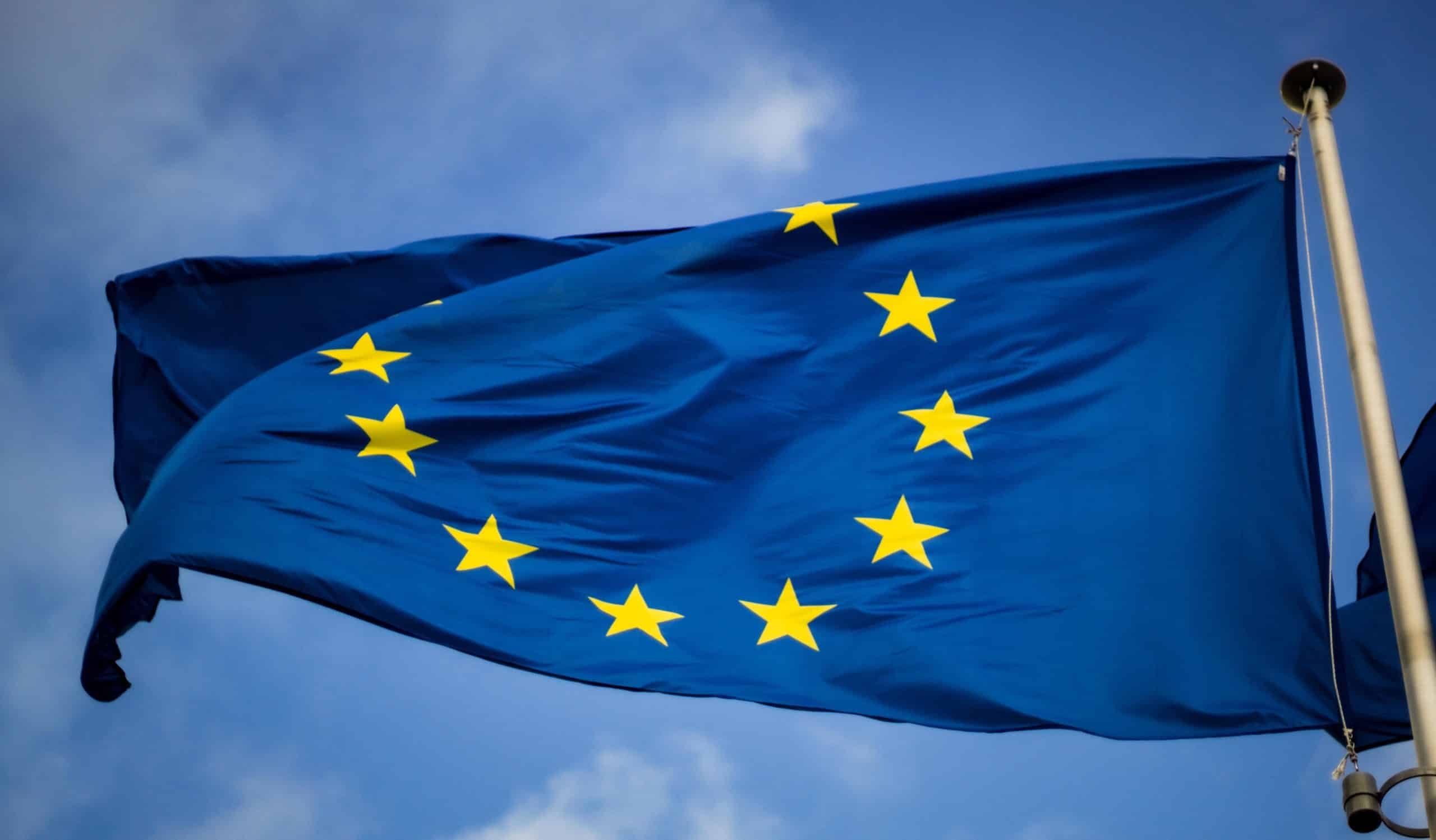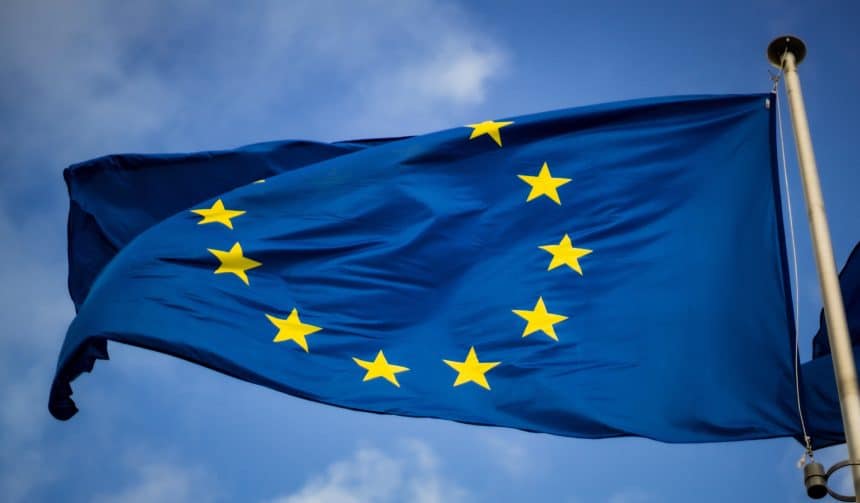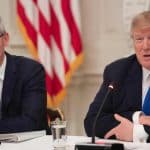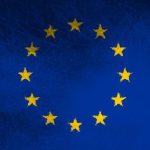The European Union has firmly rejected claims that it delayed fines against Apple and other major tech companies because of trade discussions with Donald Trump. Recent reports suggested that European officials postponed regulatory action to avoid tensions during tariff negotiations.
However, European Commission President Ursula von der Leyen clarified the EU’s position. In a formal statement, she stressed that the Digital Markets Act (DMA) would be enforced fairly and without bias, regardless of a company’s country of origin.

No Special Treatment for U.S. Tech Giants
According to von der Leyen, the Commission has already opened cases against companies like Apple, Meta, X, and TikTok. “We don’t care where a company is from and who’s running it,” she said. “We care about protecting people.”
Earlier reports from Politico hinted that EU officials delayed announcing fines to avoid interfering with U.S.-EU trade talks. Still, the EU insists its enforcement decisions are based solely on regulatory compliance.
At the same time, the EU has reportedly scaled back the potential size of fines. Although the DMA allows fines up to 10% of a company’s global revenue, officials may issue lower penalties to avoid escalating trade disputes.
What Comes Next
The timing of future fines remains uncertain. Despite the public statements, the European Commission has not announced when it will finalize enforcement actions. The leadership shift within the EU may also influence the scale and speed of future penalties.
While the EU stands as one of the few regions enforcing strict tech regulations, critics argue that past actions suggest a slight bias toward European companies. For example, the EU heavily fined Apple in a case involving Spotify, even though Spotify dominates the music streaming market.
As enforcement under the DMA continues to unfold, the tech industry is watching closely to see how Europe balances regulation, politics, and global trade relations.












